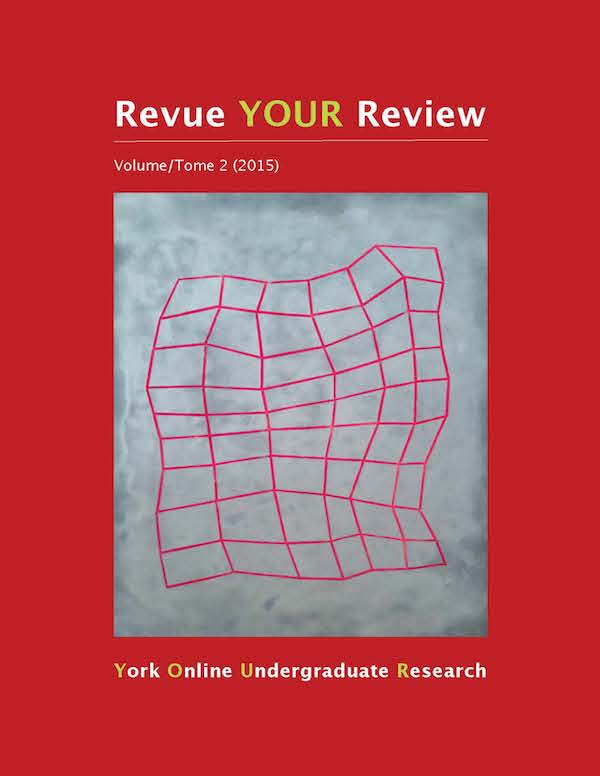Mapping Labour in the Creative Industries
Abstract
The “creative industries” is a hotly contested and debated concept in policy and academia. While defining this concept has been a popular topic in scholarly and policy work, the people who make up the creative industries, that is, creative or cultural workers, have been relatively ignored by the research. In this paper, I aim to closely examine the complex nature of creative labour. In the first section, I will define the key terms and concepts that I will be using throughout the paper, specifically creative labour, creative industries, cultural labour, cultural industries and the information society. In the second section I will discuss the key themes and issues present in the literature on creative labour. In the third and final section, I will complicate these ideas by examining qualitative research that engages with specific groups and subgroups in the creative industries, speaking directly to creative workers about their lived experiences. I argue that creative labour is more complex and nuanced than the perspectives that view creative work as wholly negative and submissive to neoliberal considerations claim it to be: creative labour is a complex, contradictory process that can alternatively, even simultaneously, conform to, resist, and negotiate neoliberal ideologies and market imperatives.
Downloads
Published
How to Cite
Issue
Section
License
Authors contributing to Revue YOUR Review agree to release their articles under one of three Creative Commons licenses: Creative Commons Attribution 4.0 International; Creative Commons Attribution-NonCommercial 4.0 International; or Creative Commons Attribution-NoDerivatives 4.0 International. All editorial content, posters, and abstracts on this site are licensed under Creative Commons Attribution-NoDerivatives 4.0 International. For further information about each license, see:
https://creativecommons.org/licenses/
In all cases, authors retain copyright of their work and grant the e-journal right of first publication. Authors are able to enter into other contractual arrangements for the non-exclusive distribution of the e-journal's published version of the article (e.g., post it to an institutional repository or publish it in a book or in another journal), with an acknowledgement of its initial publication in this e-journal.


